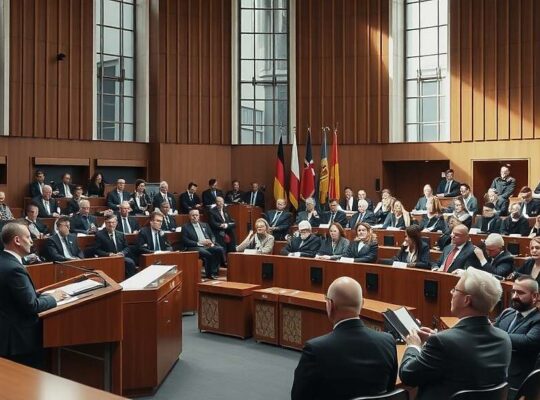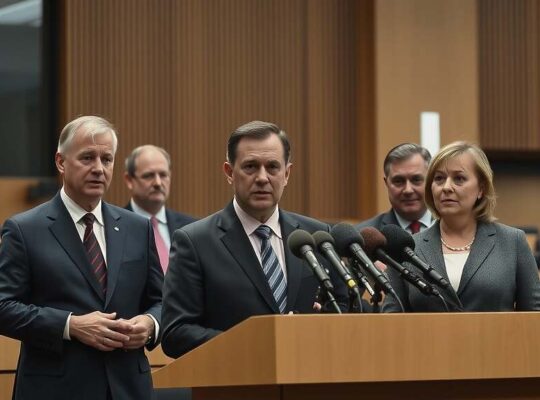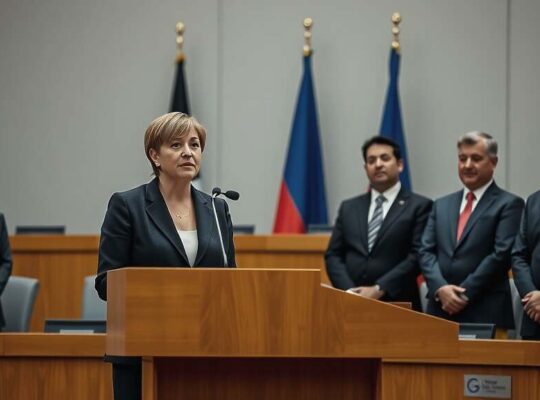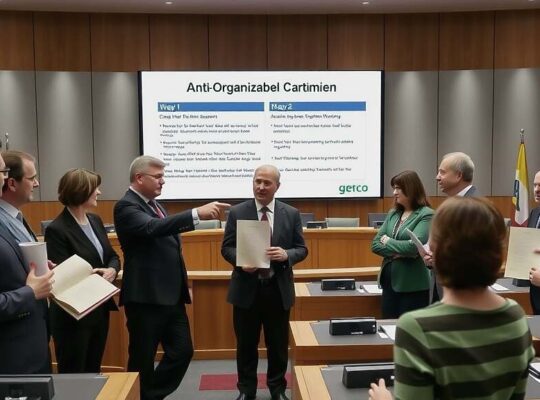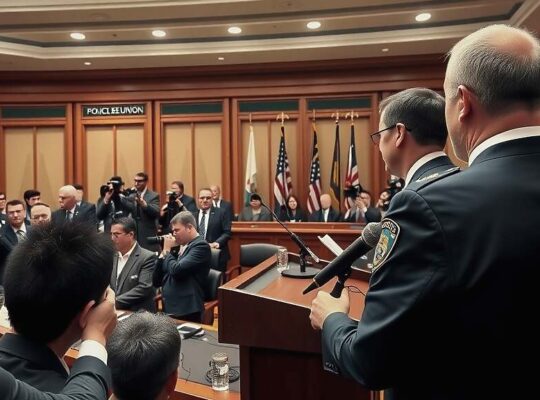Pensioner Income Discrepancies Highlight Deepening Political Rift Over German Retirement Policy
New calculations released by the German Labor Ministry reveal a significant divergence in projected pension income for retirees, depending on the approach taken to upcoming pension reforms. The figures, reported by the “Rheinische Post” underscore a growing political clash between the government’s proposed pension package and a counter-proposal championed by the Junge Union (JU), the youth wing of the Christian Democratic Union (CDU).
The ministry’s data demonstrates that a retiree receiving a monthly pension of €1,500 in 2031 would see an additional €32 under the government’s plan in 2032, compared to what they would receive under the JU’s alternative framework. The JU proposes a return to a pension level one percent lower than currently envisioned in the government’s draft legislation, a move critics argue would disproportionately impact lower and middle-income pensioners.
The discrepancy widens considerably over time. By 2040, with a pension of €1,500, the government’s plan would leave retirees €40 better off each month than under the JU model. For those receiving a more substantial €2,000 monthly in 2031, the difference in 2032 jumps to €43, ballooning to €53 by 2040.
The government’s pension package aims to maintain existing pension levels and address the challenges posed by an aging population and evolving labor market dynamics. However, the JU’s proposal represents a more conservative approach, reflecting anxieties over potential budgetary strain and concerns about the long-term sustainability of the current system.
Critics contend that the JU’s plan prioritizes short-term fiscal stability at the expense of the living standards of future retirees. The contrasting proposals have intensified the debate surrounding the future of Germany’s social safety net and highlight a potential fracture within the governing CDU regarding the appropriate balance between fiscal responsibility and social welfare. The data released by the Ministry is expected to fuel further political maneuvering as lawmakers grapple with the complex and increasingly contentious pension reform process.




